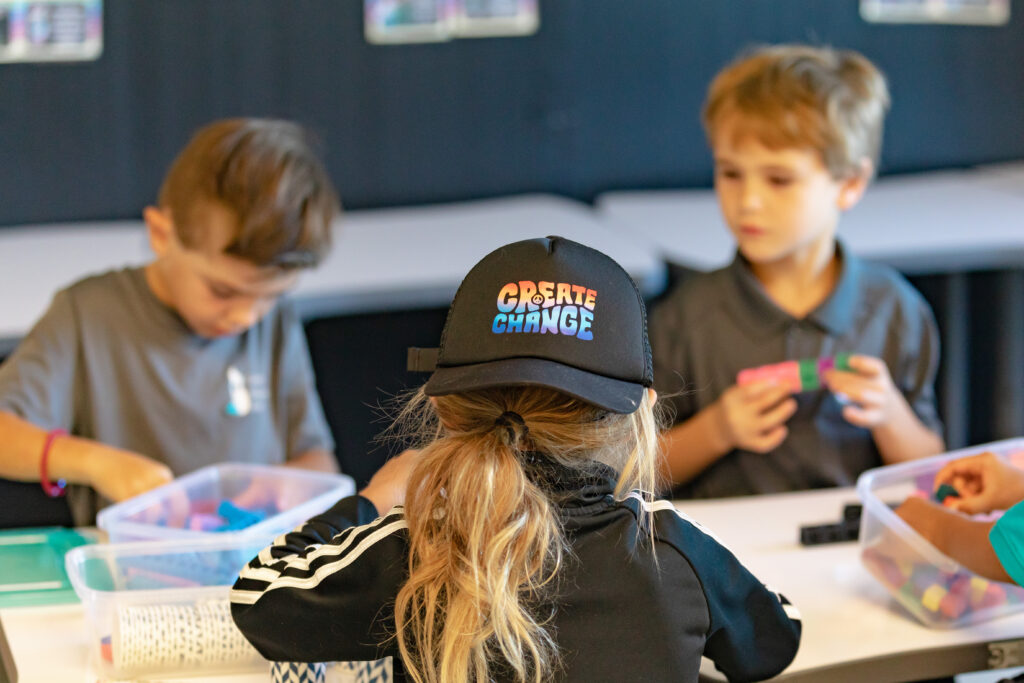Rethinking Success and Potential: Embracing a Holistic Approach to Education
Kristi Kraychy
In today’s fast-paced and ever-changing world, the concept of success and potential has evolved significantly. Yet, there are still parents and administrators who cling to antiquated views and place undue emphasis on standardized tests and traditional notions of achievement, even in the elementary school years. However, true potential cannot be confined to a single metric or limited to a narrow definition of success. It encompasses a multitude of qualities and skills that contribute to a well-rounded individual. By shifting our perspective to embrace a holistic and whole-child approach, we can better nurture the diverse capabilities and talents that children possess.
When parents express concerns about their child not being pushed to their full potential, it is often in relation to standardized tests and grades. These assessments, while valuable in certain respects, should not be the sole determinant of a child’s abilities or future prospects. They fail to capture the full range of a child’s potential, as they primarily focus on academic aptitude and narrow skill sets.
True potential lies beyond test scores and academic achievements. A holistic approach to education recognizes that children possess a wide array of talents, strengths, and interests. It acknowledges the importance of nurturing emotional intelligence, creativity, critical thinking, problem-solving skills, and social competencies. These skills are crucial for success not only in the classroom but also in the workplace and in life.
Success should not be solely equated with professional accomplishments or material wealth. In today’s society, where the landscape of work is constantly evolving, success is multifaceted. While academic achievements can open doors to opportunities, they are not the sole predictors of happiness or fulfillment. Numerous examples exist of children who struggled throughout their school years who have gone on to achieve remarkable wealth and/or success in non-traditional ways.
When assessing a child’s potential, we must consider their overall well-being and personal growth. A successful and fulfilling life encompasses more than just a prestigious career or financial prosperity. Emotional well-being, strong relationships, and good health are equally essential components of a truly successful life. By neglecting these aspects in pursuit of a narrow definition of success, we risk compromising our children’s overall happiness and fulfillment.
As parents, educators, and society as a whole, we must shift our focus from narrow definitions of success and potential. It is imperative to adopt a whole-child perspective that values individuality, nurtures diverse talents, and prioritizes personal growth. Education systems should create an environment that encourages exploration, curiosity, and creativity, allowing children to develop their unique skills and interests at a pace that is right for them.
The worries parents often have about their elementary school child’s future potential need to be reframed. A narrow view of success and potential centered solely around standardized tests and conventional markers of achievement is limiting and outdated. By embracing a holistic approach to education, we can empower children to flourish in all aspects of their lives, fostering emotional intelligence, strong relationships, and good health alongside academic success. True potential lies in the harmonious development of the whole child, ensuring they become resilient, adaptable, and fulfilled individuals in an ever-evolving world.

